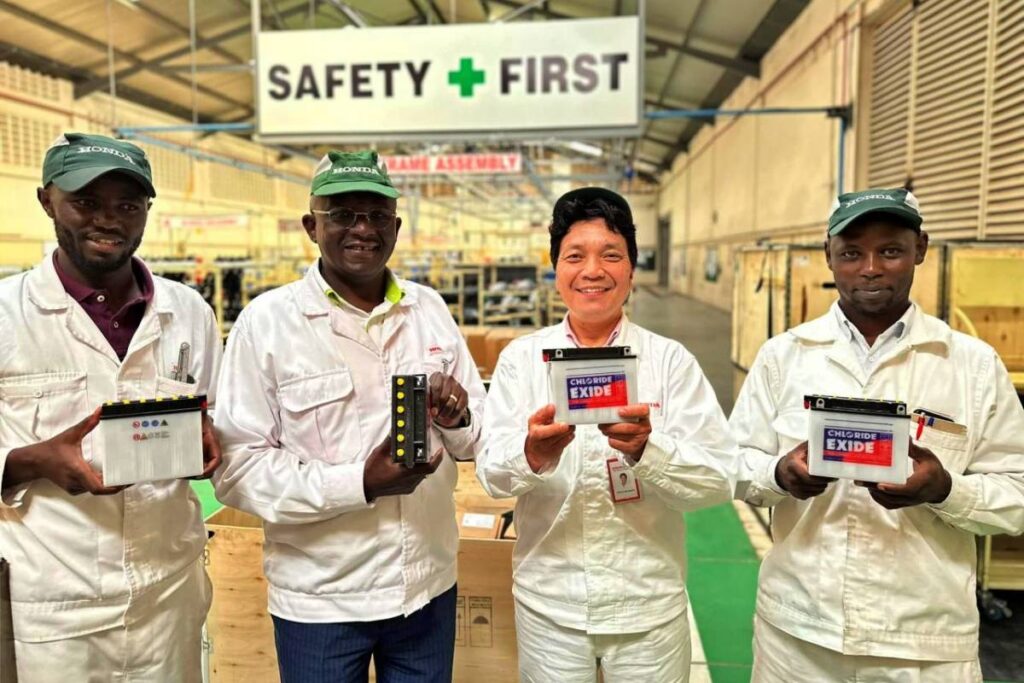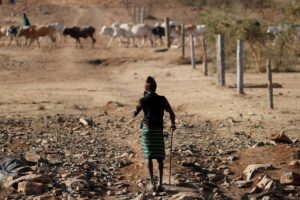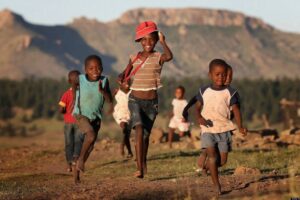I was recently receiving my haircut, when Jacinta my barber confided in me how their business was suffering. She mentioned that some clients only came to them for completion of hair care processes that they had already started working on at home. Evidently, the economic times are so difficult that consumers are resorting to saving in whatever way they can.
This economic downturn is indeed a global phenomenon has led to the International Monetary Fund warning that the world economy was headed for stormy waters. Against this bleak economic backdrop, I suggest that we do the following three things that may make the lives of Kenyans better.
Firstly, we must unite. Unity isn’t possible without peace and reconciliation. If we allow political instability to pull in different directions, we will drive down our economy.
A Harvard paper sheds some light on the link between political instability and economic growth. According to the paper, the uncertainty associated with an unstable political environment may reduce investment and the speed of economic development. On the other hand, poor economic performance may lead to political unrest. It’s not accidental that the five poorest countries in the world – Burundi, South Sudan, Central African Republic, Democratic Republic of Congo and Somalia – have all experienced extended periods of political instability.
Peace is so expensive and if you want to value my statement, try war. No wonder Former President Moi said “Siasa ni maisha. Siasa mbaya, maisha mbaya”. Peace begets unity and unity begets steady economic growth. Peace is therefore the most valuable national resource we must guard zealously.
Secondly, power should be used as a way that makes lives better for people. It is the means to that end, not an end in itself. Power is the ultimate prize for all politicians. When they win elections, they also win power. Those in power and those seeking power always claim to be working for the people and therefore seeking to make their lives better.
In this regard, we must always judge and support all policymakers by interrogating whether their politics is making our lives better irrespective of any prevailing circumstances. Anything else, whether its revenge or simply petty politicking must take the back seat. Power must be deployed to make the lives of Kenyans better. In the same vein, opposition politicians must seek power in a way that makes Kenyans lives better. Their politics must not make life worse for Kenyans in any shape or form.
Thirdly, a growing economy will lower the cost of living and support livelihoods in a sustainable manner. Once our leadership assertively and honestly chooses to be intentional in crafting our economic policies then our economy will be salvaged. The economy must be designed to deliberately support the likes of my barber and millions of other Kenyans who employ their best in the informal sector.
One of the concrete policy measures that can inclusively strengthen our economy is revamped exports. Currently, our export sector is doing so poorly that our trade deficit in 2022 was roughly 1.3 trillion shillings! Such imbalance exerts undue pressure on our currency leading to high prices of goods and services. We must therefore operate like a wounded lion to fix the gap using practical measures such as quadrupling the export of skills because we appreciate that the diaspora community gives Kenya about 370 million USD per month. Similarly, we must urgently fix the high cost of cargo airfreight charges to facilitate an increase of horticultural exports. Whereas it costs about 3.8 USD per kilo to move horticultural produce to Europe from Kenya, it costs a paltry 1.7 USD per kilo to move similar produce out of Ethiopia making our great products less competitive even as our economy bleeds. Any strategic policy direction that narrows this gap leads to jobs creation and strengthening the economy. Tafakari hayo! Think green, act green!!



